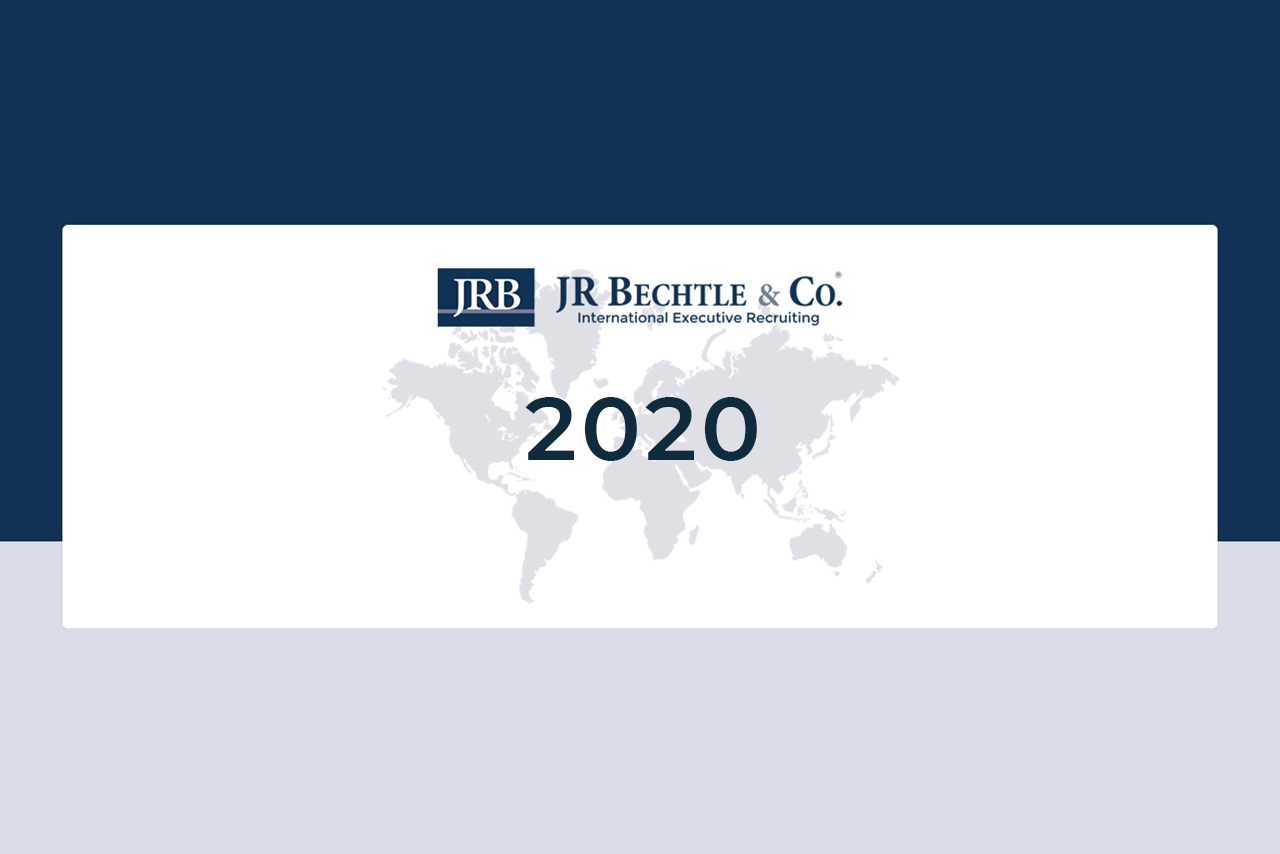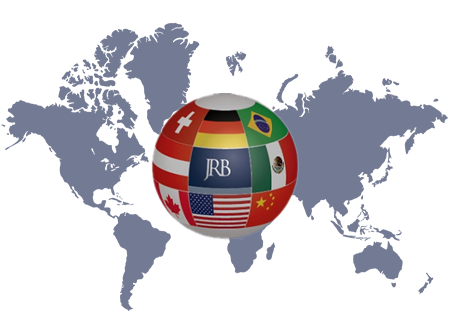Publications & News
Intercultural Candidate Preparation – Do’s & Don’ts
JR BECHTLE & Co.

JR BECHTLE & Co. | März 2020 | Publications
Intercultural Candidate Preparation – Some Do’s and Don’ts
The special nature of our business – recruiting for firms based mainly in Germany, Switzerland, and Austria – has required us over many years to adapt and fine-tune our “boutique” search approach to accommodate for a variety of cultural differences. These are reflected in the way both our clients and our candidates are treated by and interact with each other during the interview and hiring processes.
Today our clients for the most part speak excellent English and have spent a great deal of time in the global marketplace. They’re generally just as comfortable attending meetings in Shanghai as they are in New York, and are usually dealing with personnel issues on an international scale. Despite our clients’ worldliness, however, there are still certain ways of looking at the world and communicating that reflect their country and culture of origin, and this present some hurdles to candidates, and future employees, in non-European markets.
We work with both clients and candidates in anticipating and understanding these differences. This helps both parties avoid misinterpreting each other and possibly foregoing on entering into what could be a mutually beneficial relationship. Regarding candidates, a key part of the service we provide as “cultural moderators” is to help them prepare for the interview and present themselves effectively. We do this by providing them with some useful tips developed during our 40 years of experience working with European companies, including “some do’s and don’ts” regarding resumes and interviews.
These tips are based on many years of hands-on experience by our recruiters interacting between the U.S. and European business worlds. Through the course of this work we have been able to observe what does and doesn’t work during the interview process. Please note that here we’re using the expression “European” with the caveat that most of our experience has been with German-speaking Europe. Of course, there are differences within Europe, so the points below should be seen as general guidelines with individual situations calling for exceptions.
• When sending your resume to an executive search firm representing a European client, it’s best to avoid myriad bullet points outlining your talents, strengths, and any achievements in the abstract. This is because what’s of greatest interest are actually “just the facts”: How long and when you worked for which company, what exactly its products and services were, what your titles were, how many reports you had, the sales revenue you and your group generated, and what your key responsibilities were. As a rule of thumb it’s beneficial to include these objective facts and avoid overt embellishment (which will be regarded as “fluff”).
• Keep in mind that the recruiter specialized with such a particular client segment as ours is a boutique firm, not a “wholesale recruiter” which requires key words and the use of special software for screening large numbers of resumes. In our quite challenging niche we’re carefully reviewing the information we know our clients are seeking and relying on to make well-founded hiring decisions, and these are in fact “the facts” and not buzzwords.
• When interviewing with European managers, it’s best as in any interview to exude confidence but not to the point of displaying an “I can do anything” attitude. Your interviewer will be concerned that you may actually believe that nothing is beyond your ability, and since this isn’t possible (no one can do everything, and we all have weaknesses), you may make the impression of being less than serious (a grave offense). Self-awareness, including about where you might need strong support in a new role, inspires trust and is the hallmark of a solid and mature manager.
• Don’t bring flip charts or other visual aids with details about your exploits during your past assignments to an interview: You’re not there to sell a machine but rather to present yourself as a self-assured business leader. In the same vein, don’t try to unload a big folder of charts onto the interviewing manager of an executive search firm or potential employer: Even if accepted, it won’t really be helpful to you in the overall process. If you’re asked to explain your past or current reporting structure, it can be useful, though, to show an orgchart which indicates you in a box on top of other boxes. Be careful, though, to remove the other names from the chart, and do not offer to leave it with the interviewer (as this is actually a proprietary document, even if a few years old).
• Small talk during an interview with European managers is not as common as in the U.S. Don’t be surprised to get questions about your views on current global affairs or other topics that are taboo in U.S. culture where things often don’t go beyond sports and weather discussions. These questions can become an essential part in identifying ones critical thinking ability, how you react to maybe a differing opinion, and your general global awareness. So one would be well-advised to not only research the company and background of the interviewer, but also to brush up on some key topics that are currently front page news in the relevant country.
• Although you may not be directly asked about your personal interests and family situation, it is often helpful to volunteer these at the beginning of the interview. This gives the interviewing manager a chance to get an overall picture of who you are. As in the U.S., sharing some information about yourself acts as an effective ice-breaker, enhances building a connection, and establishes trust with the interviewer. Questions about family status and national heritage are also illegal in most European countries although it remains common to openly share these when asked “tell me about yourself”. This question indicates an interest in learning more about where you grew up, parents, family status, hobbies, etc. Keep in mind that this introduction should be brief, and a well-placed injection of humor can be helpful.
• Arrive for an interview no more than a few minutes before the meeting-time. If you get to the meeting-place with time to spare, always a good thing to do by the way, remain a discrete distance away and wait. Germans especially are known for being punctual, but punctual doesn’t mean “early” – it means being “on time” (punctual comes from the Latin “punctus” meaning point, as in “point in time”). Despite warnings about this to candidates, countless interviews have started off awkwardly because the candidate arrived and made his/her presence known too early. Keep in mind that interviews are timed out and that prior to your interview there may be another candidate being met with or a discussion taking place. On the other hand, needless to say, don’t be late…
The goal of course is not to help the candidate “hide” who he/she is, but rather to bridge the cultural divide and to help the candidate avoid certain things that would distort who they are through the national prism. Needless to say – as the interview process is a two-way street – we give our clients tips as well but these will be covered separately later.
We would be interested in learning which issues you feel need to be addressed in an even more focused way in terms of documents (resume) and verbally (interview)!



